A Different Light – 12 September 2020 – Disabled Community in the Shadows of Election Lead-up
Inequity. Closing the gap. Gender, ethnicity and poverty. In the race for votes these concepts are thrown around like ballot paper confetti . Who is at most risk of what and what , more importantly is going to catch the voter’s attention?
Some parties are getting very gritty with pointing out unacceptable inequities with headlines like, “Maori twice as likely to die from Covid 19 than others, according to new study”. There are calls for a Kiwi Saver’’ scheme for children to plug the gap between the rich and the poor in New Zealand’.
Inequity holds no prisoners and streams through the disabled community also., CCS Disability Action recommended this week that the Disability Allowance should be paid at a flat rate – with people eligible for it, provided it’s confirmed they have a disability.
The disability allowance is a weekly payment of up to $65 to help people with regular ongoing costs because of a disability.
Official data shows persistent inequities in median disability allowance payment amounts between Pākehā, Māori and Pasifika disabled, dating back 10 years. In the March 2020 quarter, the median amount paid to Pākehā recipients of the disability allowance was $13.65 a week. For Māori the amount was $9.70, for Pasifika it was $6.15. Over the course of a year, that meant Pākehā received about $700, Māori about $500 and Pasifika get $320.
Often however this real hard stuff is set aside by politicians for more palatable vote catchers. We have recently seen a bonny baby being bounced on Crusher Collins knee as an enticing segue to her promise to new parents of $3000 to spend on services as part of a ‘first 1000 days’ policy if they get elected in Government. We have also seen Jacinda Ardern frequent bakeries announcing that Labour would reduce the bank fees for businesses using paywave transactions that enable punters to pay with a nonchalant wave of their credit card. Cakes and babies are visual candy for tv viewers while perhaps the inequities suffered by us disabled and other marginalised sectors are not so immediately appealing.
Speaking of elections, last week Tiaho Trust held their “Meet the Candidates” event. We had a good turnout despite the volatile weather. Ten candidates fronted up from Act, Greens, Maori, Labour, Social Credit and one Independent. The National Party were conspicuous by their absence.
David Seymour and Mark Cameron from the Act Party spoke about the how they would improve Mental Health and Addiction services, they championed the End of Life Choice Bill (of course) and acknowledged the disparities between ACC disability support funding and MOH disability support funding.
Moea Armstrong from the Green Party said that they have a rather comprehensive Disability Policy which covered Human Rights and too detailed to cover everything that day but available on the website. Her discussions focused on a few of these, having equitable access to paid employment, disable having access to essential services such as public transport, housing and legal fees. Disabled children having inclusive education in an appropriate form with appropriate support and the right for disabled people to be consulted on and have input to legislation and policy change that affect disabled people.
Mariameno Kapa-Kingi from the Maori Party spoke about her affinity with disabled people and the need for Maori to unify.
The Labour Party had a strong presence at the event with all three -candidates from Northland attending; Kelvin Davis, Willow-Jean Prime and Dr Emily Henderson who collectively spoke about the current government increasing the funding into Disability Support Services funding, the tenacity of the current Minister of Disability Issues Carmel Sepuloni in bringing a Disability lens to parliament. Dr Emily Henderson also talked about the need to accommodate disabled people in the Justice System to ensure equity.
Chris Leitch from Social Credit (remember them!) talked about their Disability policy that included ensuring all disabled people get continuing assistance that are the same as the assistance that is available to those with similar disabilities as a result of an accident and that are eligible for benefits under ACC. He went on to say that their policies believe that employers who employ disabled staff should receive interest-free loans to assist with modifications of the workplace or equipment necessary to employ a disabled person. In regard to transport their policy is that the government should assist local bodies with finance to support disabled accessible transport.
Apart from the Green Party and the Social Credit Party there was no formal Disability Policies. Despite making up %24 of New Zealand population, disabled people remain politically invisible. Do we need cakes and babies ?
Jonny Wilkinson is the CEO of Tiaho Trust – Disability A Matter of Perception, a Whangarei based disability advocacy organisation.
